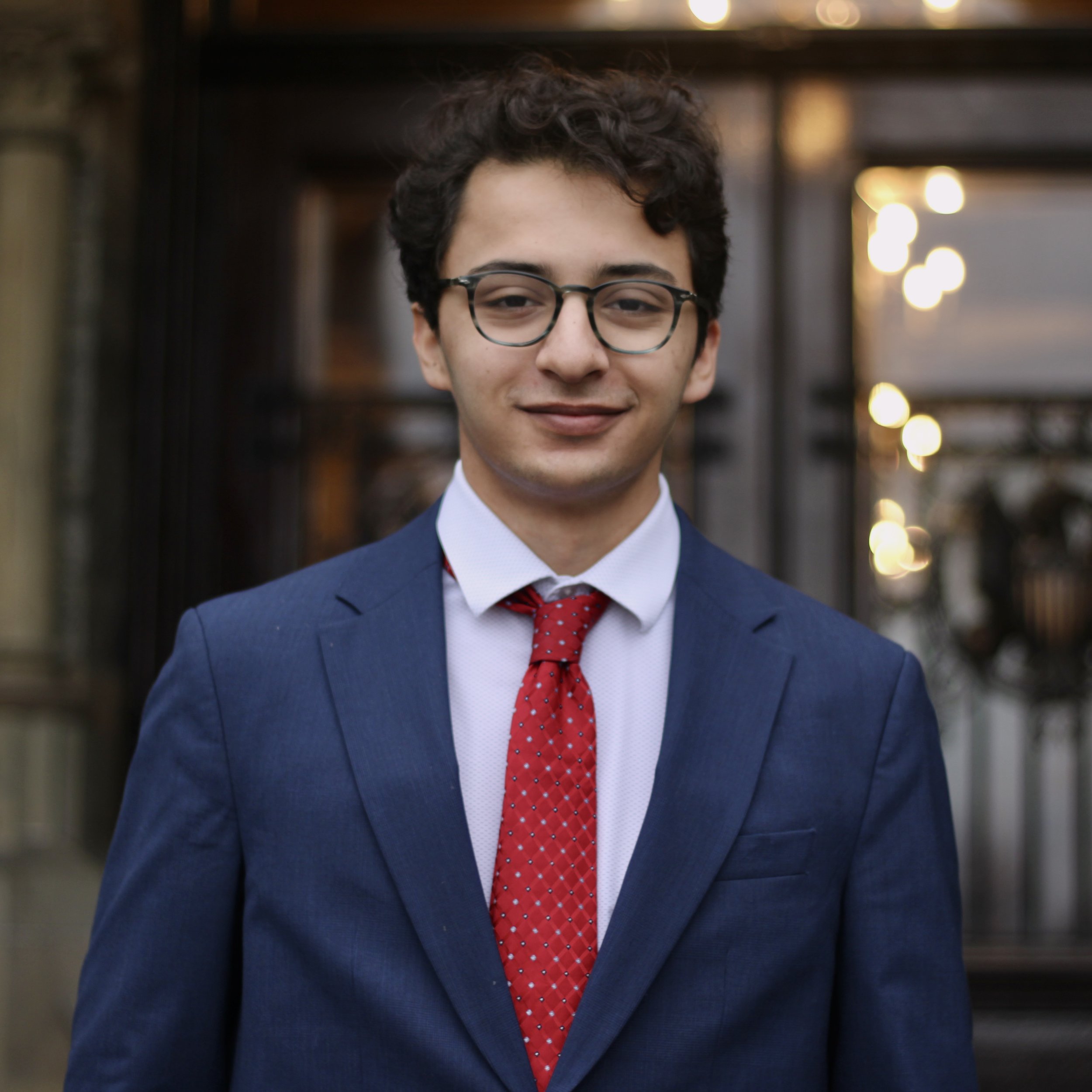
Just Gdańsk: The City of Gdańsk, 1773
In 1772, the Polish-Lithuanian Commonwealth was partitioned between Prussia, Russia, and Austria, Central Europe’s three great powers. Each great power sought to restore the balance of power in the region, a balance that Russian victories against the Ottomans had shaken, and the Polish were simply the most convenient target. At gunpoint, Poland handed over swathes of territory to the three nations, including its critical western province of Royal Prussia. The one exception was the thriving port city of Gdańsk, which lies along the Baltic coast and has a majority Polish population. Surrounded on all sides except the sea, Gdańsk is now a lone Polish outpost in a sea of Prussian blue.
Balanced precariously between the rising power of Prussia and the collapsing Polish-Lithuanian Commonwealth, the city stands upon the edge of a knife. Already strained by the immense social and economic changes of the 18th century, it is territorially safe, for now; the balance of power in Eastern Europe is delicate at best, and any move towards annexing a major city like Gdańsk would undoubtedly prompt reprisals from the other great powers. But that does not mean Prussia will not use underhanded means to bring the city and its prosperous trade under their control. Now, Gdańsk’s leaders must decide where the city’s future lies; to get there, they will have to navigate the high-stakes world of European great power politics, along with social and economic divisions that threaten to rip the city apart. It’s just Gdańsk against the world — will that be enough?
Chair:
Jie Xin Ching
-
Jie Xin Ching is a member of the Class of 2026 in the Walsh School of Foreign Service at Georgetown University, majoring in International Politics and pursuing an Asian Studies certificate. She is an international student who was born and raised in Singapore. At Georgetown, she served as the Executive Director of NAIMUN LXII and the Director of Logistics & Security for NAIMUN LXI. Last year, she served on NCSC LII’s Chief of Staff team. As demonstrated by these experiences, she is known for her love of logistics, but she is excited to have a committee of her own at NCSC LIII!
CRisis Manager:
Jasmine Yazid
Grand CM:
Peyton Austin
-
Jasmine Yazid is a member of the Class of 2026 in the Walsh School of Foreign Service at Georgetown University. She is majoring in Culture and Politics with minors in Chinese and International Development. She was born in New Jersey (no Jersey hate, please), but has spent the majority of her childhood living across Europe before returning to the United States. She unfortunately cannot escape the Model UN world—last year, she served as the Secretary-General of NAIMUN LXII, Georgetown’s high school model UN conference, and the Crisis Manager of the Mattel Board of Directors at NCSC LII (hi Barbie!). She likes to spend her days showing people pictures of her golden retriever, drinking vanilla iced lattes while in a rush to class, and “studying” (chatting) with her friends in the school library. Jasmine is honored to serve as your Crisis Manager and run this committee with Jie Xin, who also happens to be her co-executive from NAIMUN LXII!
-
Peyton Austin is a member of the Class of 2026 in the Walsh School of Foreign Service, majoring in International Politics and minoring in Chinese. Born and raised in Hong Kong and currently living in Basalt, Colorado, Peyton was introduced to MUN as a sophomore in high school, and since then he’s never looked back. He has competed with Georgetown's collegiate MUN team and served as the Director-General of NAIMUN LXII, Georgetown's high school Model UN conference. He staffed NCSC LII as the Crisis Manager for the USS Nimitz and has also staffed DistrictMUN, Georgetown’s middle-school conference. He enjoys reading, yapping, and exploring D.C. in his spare time. Peyton is excited to welcome delegates to the complex world of 18th-century Europe this fall!
USG: Christopher Pishvaian
This committee is in the Joint-Crisis Organ, and your Under-Secretary General is Christopher Pishvaian. Committees in this organ are small, interactive crisis committees with joint elements between two competing sides.
If you have any questions about your committee, please reach out to c.pishvaian@modelun.org.




